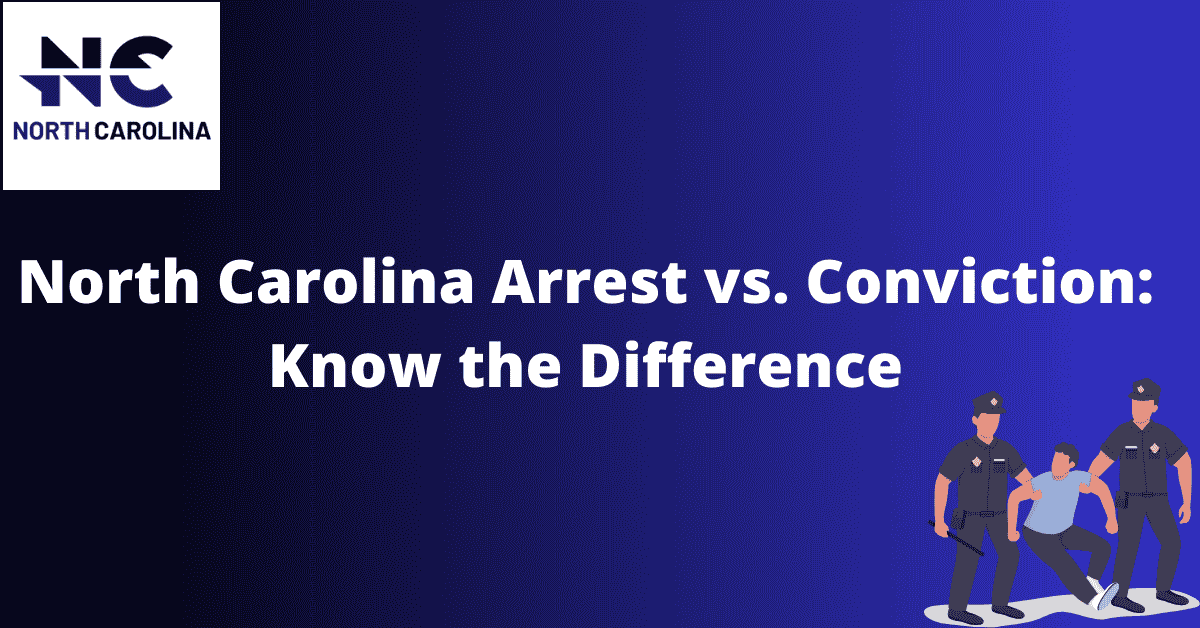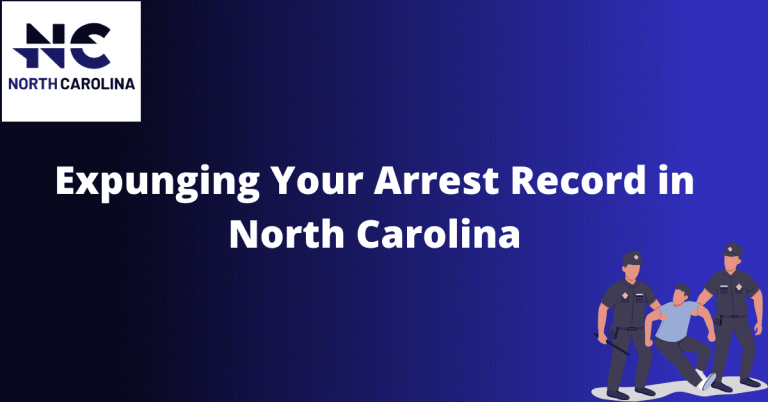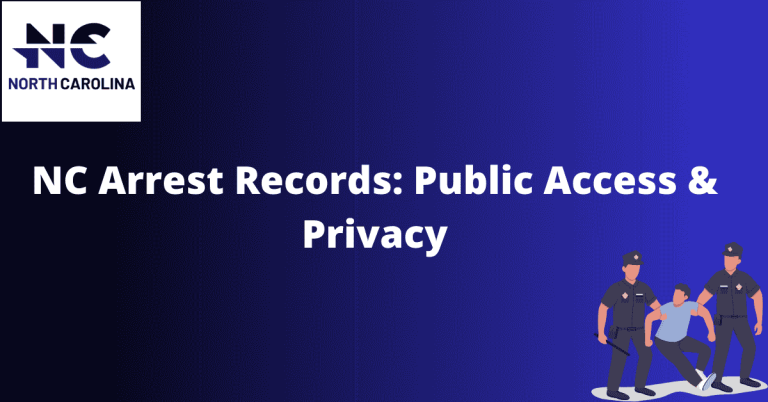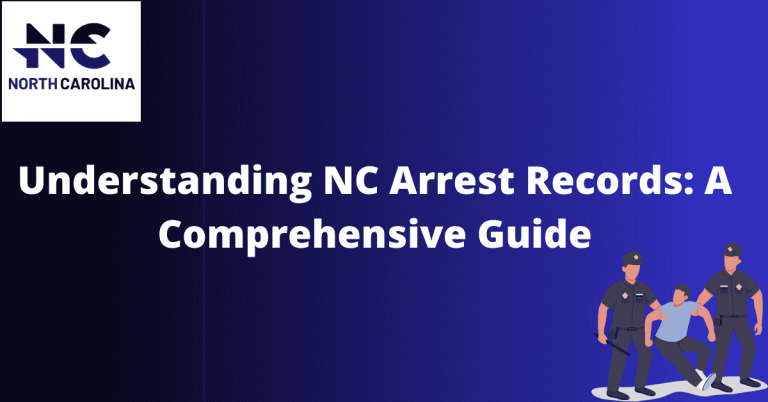North Carolina Arrest vs. Conviction: Know the Difference

In the intricate web of the criminal justice system, understanding the difference between an arrest and a conviction is essential, especially in North Carolina. In this article, we’ll delve into the nuances of these terms, helping you navigate the complexities of the state’s legal landscape.
Before we explore these differences, let’s briefly clarify what an arrest and a conviction mean in North Carolina’s legal framework. These definitions are crucial for comprehending the intricacies of the criminal justice process in the state.
Definition and Implications of an Arrest
An arrest in North Carolina occurs when law enforcement takes someone into custody, suspecting them of committing a crime. This can happen with or without an arrest warrant, depending on the circumstances. It’s important to remember that an arrest does not imply guilt, but it can have significant consequences.
During an arrest, individuals have specific rights, such as the right to remain silent and the right to an attorney. Exercising these rights is crucial to avoid self-incrimination. Additionally, an arrest, even without a subsequent conviction, can leave a mark on one’s criminal record, potentially affecting future employment and personal relationships.
Conviction: What it Entails
A conviction, in contrast, signifies that a person has been found guilty of a crime in a North Carolina court of law. This typically follows a trial where evidence is presented, witnesses are called, and legal arguments are made by both the prosecution and defense. A judge or jury then determines the accused’s guilt or innocence.
Once convicted, individuals may face penalties such as fines, probation, or incarceration, depending on the severity of the crime. A criminal conviction can have far-reaching consequences, impacting employment prospects, housing options, and even the right to vote.
Key Differences Between Arrest and Conviction
The primary difference between an arrest and a conviction lies in the outcome of the legal process. An arrest is the initial step in a criminal case, while a conviction marks the conclusion with a guilty verdict. Here are the key distinctions:
Presence of Evidence: During an arrest, the police gather evidence to establish probable cause. In contrast, a conviction requires the prosecution to prove guilt beyond a reasonable doubt in court.
Court Proceedings: Moving from arrest to conviction involves hearings, trials, and legal negotiations. Convictions result from a formal legal process, while arrests are the initial apprehension of a suspect.
Legal Rights and Protections
North Carolina, like other states, grants specific legal rights and protections to individuals during arrest and trial. These rights are rooted in the U.S. Constitution and include:
The right to remain silent: This allows individuals to avoid answering potentially incriminating questions during an arrest.
The right to an attorney: It ensures those accused of a crime have legal representation to protect their rights throughout the legal process.
These rights are essential safeguards against wrongful convictions and ensure a fair legal process.
Expungement and Record Clearing
For those with an arrest or conviction in North Carolina, options exist to clear or expunge their criminal record. Expungement refers to the legal process of erasing or sealing a criminal record, essentially removing it from public view.
Expungement eligibility varies based on factors such as the type of offence, the individual’s age at the time of the offence, and the time since the conviction. Clearing one’s record can open up opportunities for employment, housing, and a fresh start in life.
FAQS
Explore our comprehensive Frequently Asked Questions (FAQ) section to find answers to common queries about NC Arrests.
Can an arrest appear on a background check even if there was no conviction?
Yes, in North Carolina, an arrest can appear on a background check even without a subsequent conviction. However, individuals can seek expungement or record clearing to remove or seal certain arrests from their criminal record.
What is the difference between a misdemeanour and a felony conviction in North Carolina?
North Carolina, the primary difference between a misdemeanour and a felony conviction lies in the severity of the offence and the potential penalties. Misdemeanours are less serious crimes with lighter punishments, while felonies are more serious crimes with harsher consequences, including longer prison sentences.
Can a conviction be overturned in North Carolina if new evidence emerges?
Yes, it’s possible for a conviction to be overturned in North Carolina if new and substantial evidence surfaces, proving the individual’s innocence. This process typically involves filing a post-conviction motion and presenting the new evidence to the court for review.






